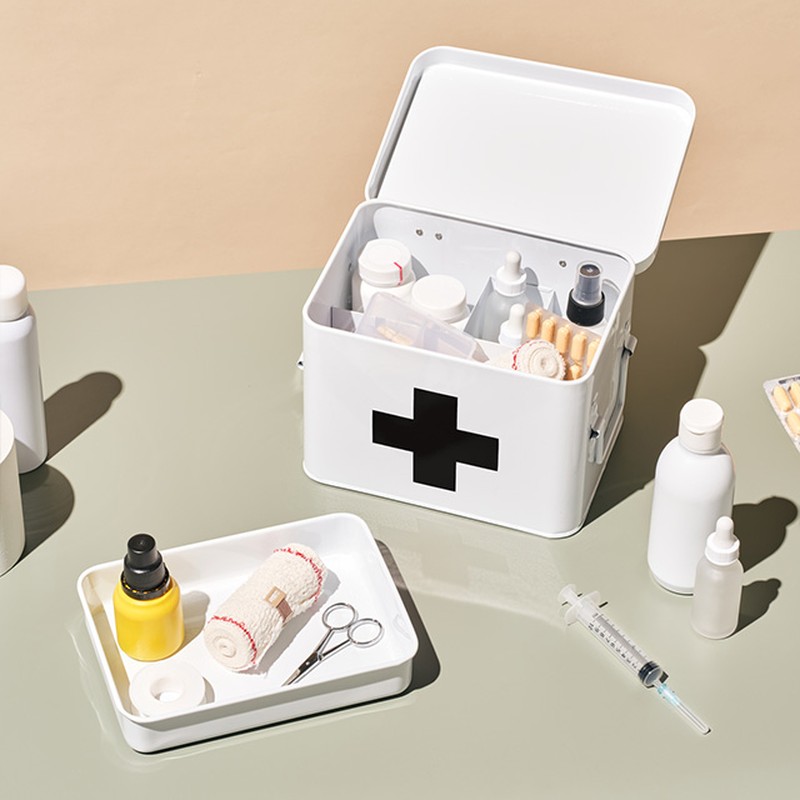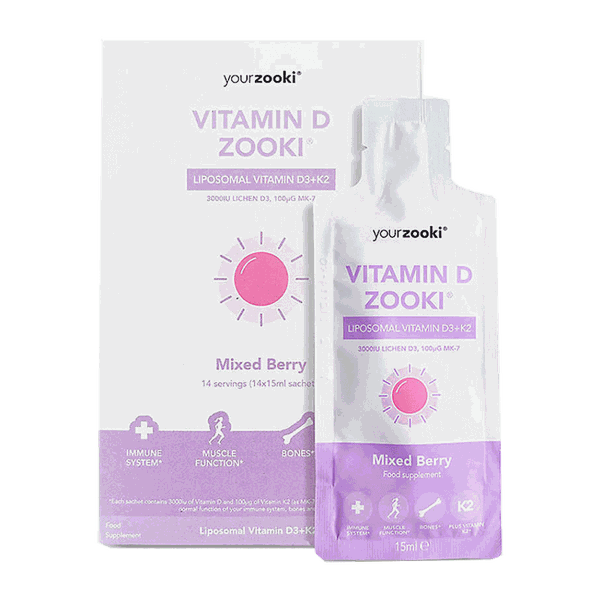How A GP Stays Healthy At This Time Of The Year
Stay At Home If You Feel Poorly
“Winter is always the worst time for bugs and viruses in the UK due to the shorter, darker days, chilly weather and Christmas festivities, which means germs spread more rapidly indoors. This year is an interesting one as it’s the first winter in a couple of years when we haven’t had Covid restrictions in place. There’s also some concern we will see a triple threat of Covid-19, flu and respiratory syncytial virus (RSV), which causes mild, cold-like symptoms. When it comes to RSV, we do know cases are particularly high this year, and already at levels not normally expected until later in the season. Preparing yourself and looking after your immune system and health is important. If you have any symptoms of respiratory illness, do not go out or socialise.” – Dr Joanna Ward, founder of Zenii
Eat To Support Immunity
“The immune system is a complex system involving hundreds of thousands of cells and relying on millions of interactions and orchestrated cell communications. You don’t want a revved up immune system and neither do you want a flaccid one. Think of your immune system as your internal army – it needs to be able to ‘fight a good fight’ if needed. One of the best things you can do for your immunity is to start your day with a powerhouse breakfast. A seasonal smoothie is great – include mixed berries, avocado, kale, banana, mint and plant milk. Try to eat seasonal vegetables that are fresh and sustainable. Think of food as your cellular fuel and invest in your food choices. Go organic wherever possible, avoid cheap convenience foods with long shelf lives and try to eat foods in their most natural form.” – Joanna
Get Fresh Air Daily
“Daily outdoor exercise is a great way to get away from central heating and recirculating air. Deep breathing keeps the lungs optimised and a brisk walk or jog stimulates the circulation and keeps the immune cells moving around the body. There is now compelling evidence that links regular exercise with good immune and metabolic health, both of which are very important as we continue to battle Covid and flu season. Exercise not only increases blood and lymph flow, which means immune cells move around the body at a higher rate after exercise, but it also recruits specialised ‘natural killer’ cells, which work hard to find potential pathogens and attack them. Exercise also reduces cortisol levels, which can increase inflammation and attack immunity.” – Joanna
Ensure You’re Taking Vitamin D
“Taking a vitamin D supplement is important in the winter months when there isn’t enough UVB light from the sun to stimulate the production of vitamin D in our skin. This is even more important in darker skinned individuals who already tend to produce less vitamin D, so are therefore more prone to deficiency. Supplementing with vitamin C and zinc has also been shown to improve immune function.” – Dr Folusha Oluwajana
Try Adaptogens
“A large part of looking after your immunity comes down to what you eat, ensuring you have a balanced, varied and nutrient-dense diet. But supplements can also make a difference, especially adaptogens, which are unique, plant-based substances that help the body deal with stress. Turmeric, ginseng, ashwagandha and liquorice root can all contribute to reducing stress in the body, in turn improving the function of the immune system.” – Folusha
Look After Your Gut
“Your gut is home to trillions of microorganisms, all of which play a vital part in immune function. Looking after your gut is vital if you want to stave off seasonal illnesses – chances are you could benefit from extra beneficial bacteria to fight back against seasonal infections. Your gut microbes thrive on fibre, so a diet rich in fibre is important. If you’re a very stressed person, eat a lot of sugar, drink a lot of alcohol and have had several courses of antibiotics over the years, then it’s a good idea to replenish your beneficial bacteria with probiotic foods or supplements. Foods like live yoghurt, kimchi, miso and tempeh are great, while a high-strength probiotic supplement is also worth taking.” – Joanna
Make A Curry
“Over the festive period, it’s normal to indulge and eat certain foods that you wouldn’t normally, both of which can throw your immunity off. Try and cook as much at home as you can, and consider making a curry – my go-to when I have a cold. Curries contain ingredients like garlic, chillies and ginger, which contain antibacterial and antiviral properties, meaning a spicy curry could be just the thing to get rid of a cold and help kill germs in the body. Serve your curry with live yoghurt, which contains probiotics to give your gut and immune system a further boost.” – Joanna
Stay Calm
“Meditation is linked to improved brain function, energy levels and sleep, and helps maintain a healthy immune system. If meditation isn’t for you, try to find a pocket of calm in every day – it could be ten minutes of deep breathing, a walk without headphones or a warm bath.” – Joanna
Load Up On Superfoods
“Modern science means there’s an abundance of high-quality, advanced supplements on the market to help you maintain optimal winter health. A superfood powder is a great addition to a morning smoothie. Zenii’s Superfood Powder contains 35 superfoods – including kale, acai, cranberry, flaxseed, chlorella and spirulina – in one easy powder format. To keep your immunity as strong as possible, start your day with a smoothie, using a large scoop of superfood powder, coconut water, frozen berries, one banana, ground flaxseed, the juice of half a lemon, and coconut kefir.” – Joanna
Don’t Suffer In Silence
“The cold, dark days of winter can quickly take their toll on our mental health, especially if you go to work and come home in the dark – it’s easy to have a whole day where you don’t see sunlight at all. This can affect mood, leading to seasonal affective disorder, aka SAD, which is made worse by a lack of activity. Winter can also be a tough time for many people – the stress of Christmas, financial concerns, not having loved ones around you. If you are struggling with low mood, stress or anxiety, it’s important to seek help. Speak to your GP or if you’re struggling to get an appointment, find local mental health services that you can reach out to directly. Your local council website will also have information about local mental health services.” – Folusha
Here, Dr Joanna Ward shares her go-to supplements and medicine cabinet essentials for winter health…
First Aid Kit: “As a working mum of three children, I always get my medicine cabinet winter ready so we are fully prepared. Plasters, a thermometer, antiseptic, eyewash solution, sterile dressings and medical tape for dressings and tweezers are a must.”
Pain Relief: “Stock up on aspirin, paracetamol and ibuprofen for aches, pains and high temperatures.”
Rehydration Salts: “Oral salts are a fantastic way to replace lost minerals and fluid after a fever or vomiting and diarrhoea. Anti-diarrhoea tablets are also essential.”
Antihistamines: “These will instantly soothe allergies of any form.”
Vicks Nasal Stick: “When you are blocked up and can’t breathe through your nose, this is a fantastic product. A vapour rub is better suited for children.”
Vitamin D3: “Over 1 billion people worldwide are deficient in vitamin D, placing immunity at risk. Supplement with vitamin D3 daily – it’s a simple and affordable way to improve immune health.”
Magnesium: “Many of us are also deficient in magnesium, which reduces the resilience of the immune system. Magnesium has a direct role in the immune response.”
Selenium: “A powerful antioxidant, selenium reduces oxidative stress in the body, which helps reduce inflammation. Studies have shown that increased blood levels of selenium are associated with enhanced immune response.”
For more information, visit Zenii.co.uk & FitDocFolu.com.
SHOP THE EXPERT'S EDIT
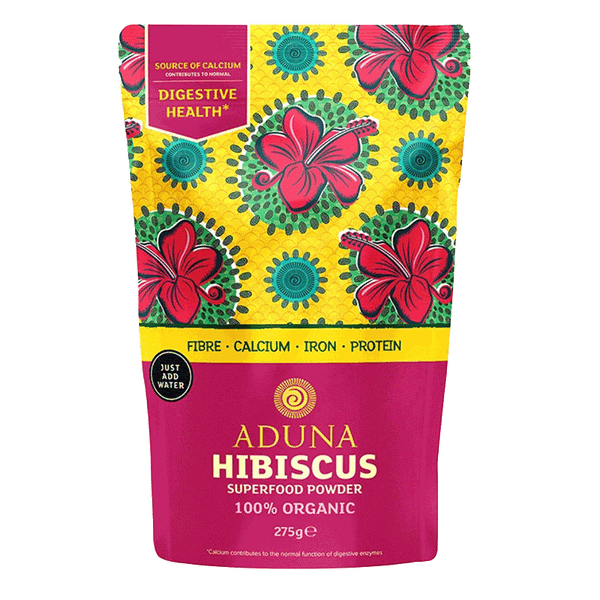
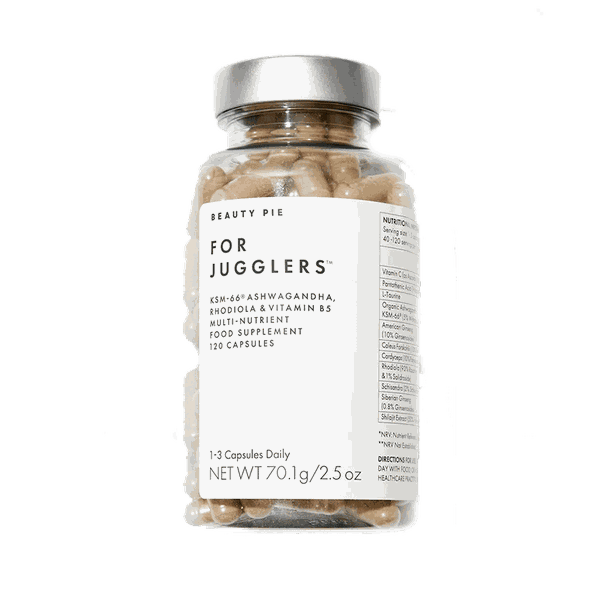
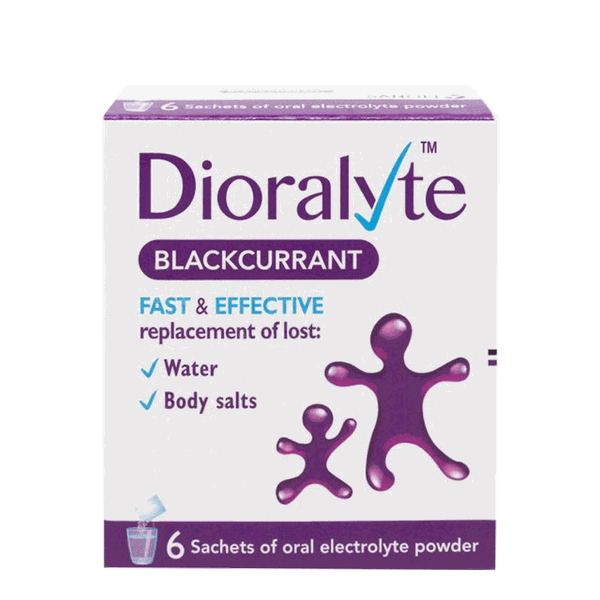
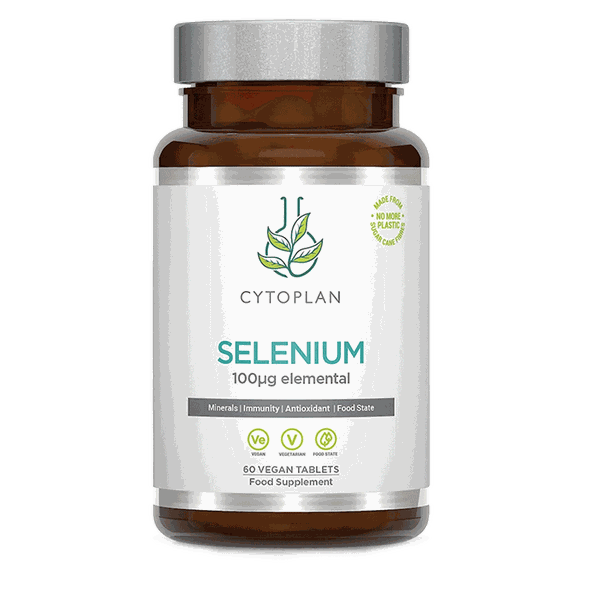
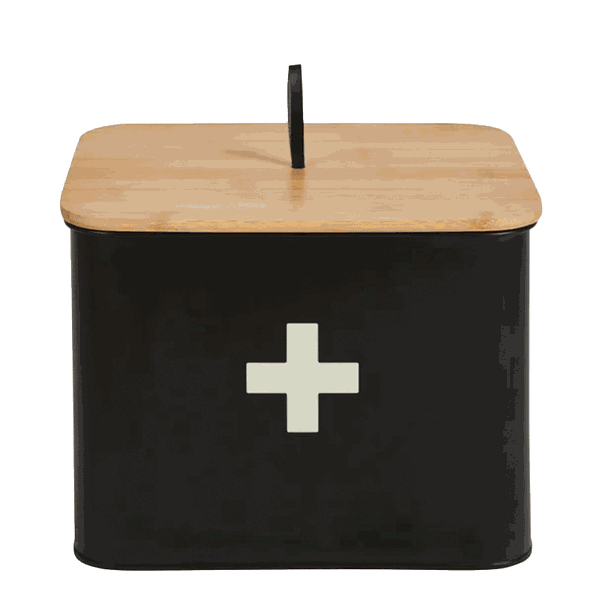
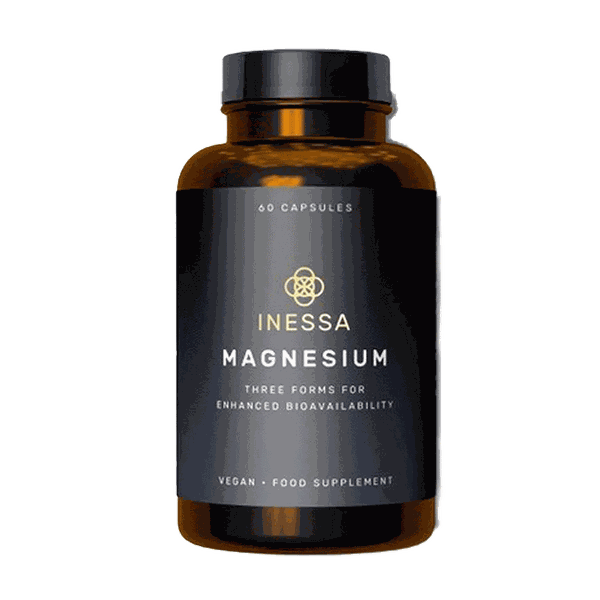

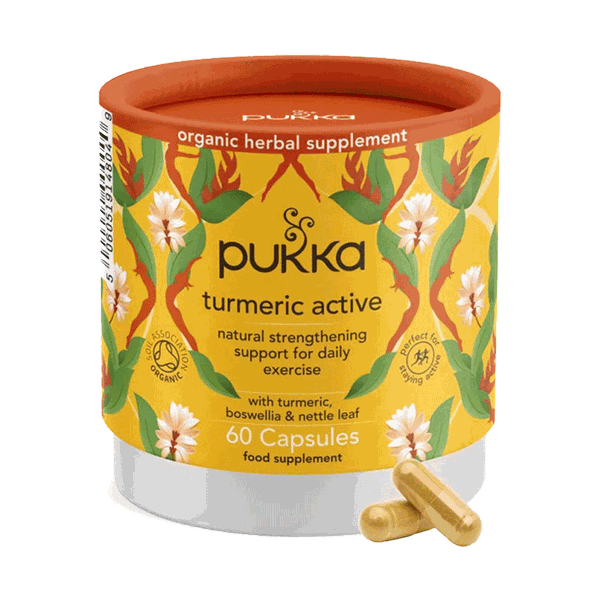
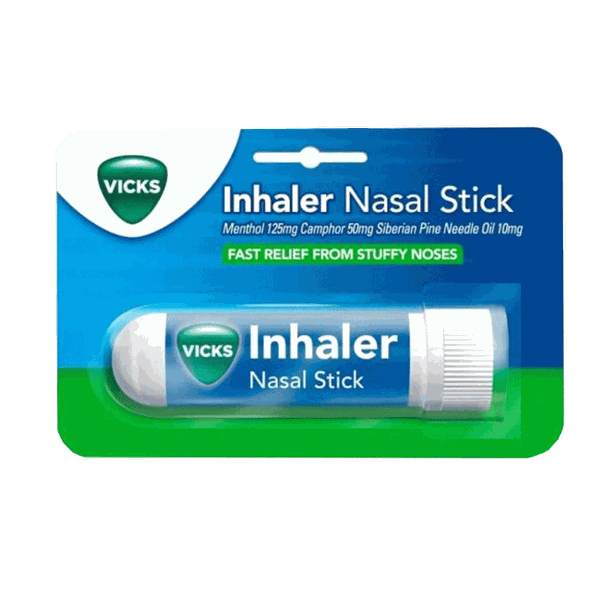
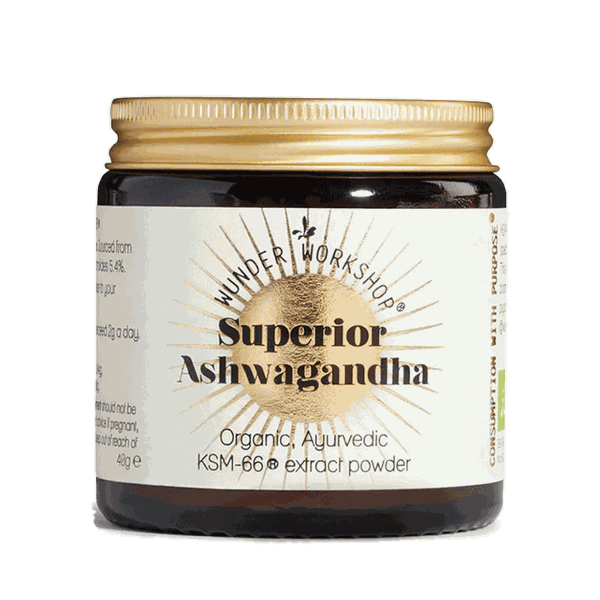
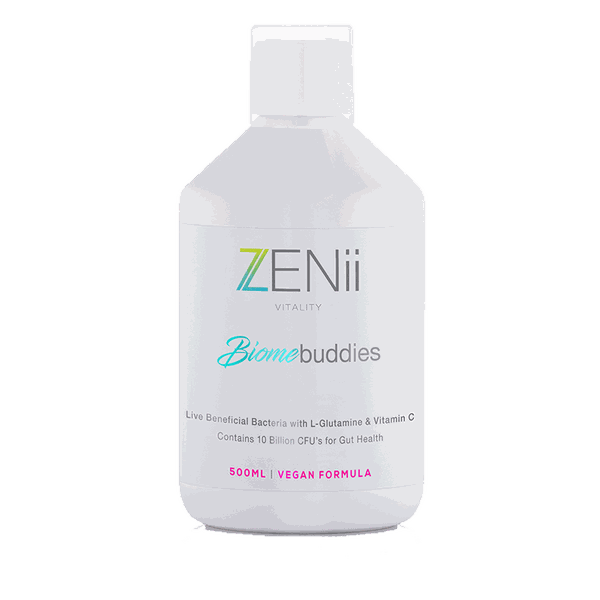
DISCLAIMER: Features published by SheerLuxe are not intended to treat, diagnose, cure or prevent any disease. Always seek the advice of your GP or another qualified healthcare provider for any questions you have regarding a medical condition, and before undertaking any diet, exercise or other health-related programme.
DISCLAIMER: We endeavour to always credit the correct original source of every image we use. If you think a credit may be incorrect, please contact us at info@sheerluxe.com.
